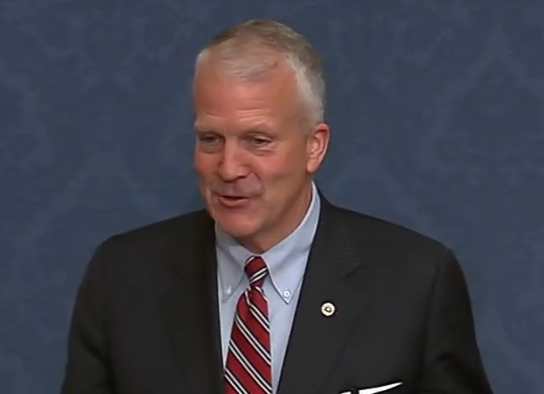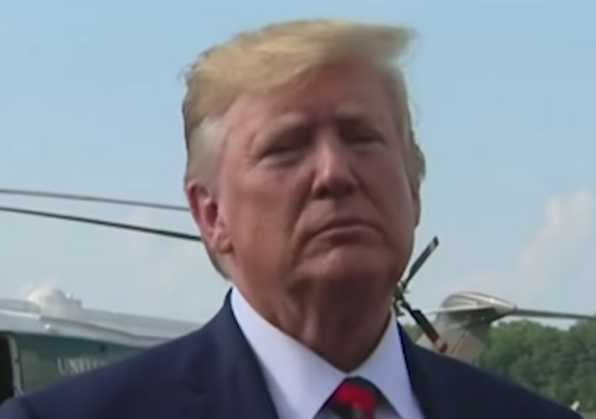
Foreign policy is one of the trickiest areas for presidential candidates in any election year. But in 2016, with military misadventure in our recent past and chaos and violence consuming the Middle East, black-or-white answers seem sadly inadequate and over-simplistic.
“The wrong comment can make or break an election, and saying something during a successful campaign can haunt a candidate,” says Julie Fisher, a former program officer at the Kettering Foundation and former scholar in residence at Yale University.
“Iraq, for example, is already coming back to haunt Jeb, Hillary and even candidates who opposed it such as Rand Paul.”
There are sensible and intelligent ways to discuss foreign policy decisions that avoid the hawk-dove controversy. Fisher, author of “Importing Democracy: The Role of NGOs in South Africa, Tajikistan and Argentina” (www.importingdemocracy.org), offers suggestions.
George Bush was right about democracy, but wrong in how to achieve it. Democracy is linked to improved economic performance, increased socioeconomic equality, political stability and good governance – and democracies rarely go to war with each other. In democracies, life expectancies average eight to 12 years longer, and secondary school attendance is double that of dictatorships. In contrast, non-democratic governments oversaw 95 percent of the worst economic performances between 1965 and 2005.
Clearly, if you want to budge closer to world peace, democracy is the best known answer,” Fisher says. “However, as with any tool, democracy can be poorly handled. The attempt to impose it by force had disastrous consequences.”
Western civil society does not have a monopoly on democratic ideas. When encouraging the import of democracy in a region, the best answers often come from within. The recovery of indigenous practices and institutions provides democratization non-governmental organizations (NGOs) with cultural legitimacy. For example, traditional chiefdoms in South Africa incorporated a considerable degree of local-level democracy, and some NGOs are building on this in villages. In Tajikistan, both the hashar system of shared work and the Majlis (local councils) survived Soviet rule, and are now beginning to include women, with encouragement from democratization NGOs.
“Also, democratic ideas can be imported from successful experiences in other developing countries,” she says. “For example, democratization NGOs in some countries have imported the idea of participatory municipal budgeting, invented in Brazil.”
Increased stability abroad means increased stability at home. In the long run, the security of the United States depends on the increasing stability of other countries. Stability, in turn, depends on the process of democratization, which gives people hope, even if democracy remains only a long-run goal, difficult to achieve.
“We cannot flip an imaginary switch in challenged parts of the world and expect democracy to blossom upon our will,” Fisher says. “But we shouldn’t throw our hands up and say ‘It’s their problem … We also need much deeper understanding of their solutions.’ There are insights and functions that will get us to one of humankind’s ultimate goals – world peace.”








